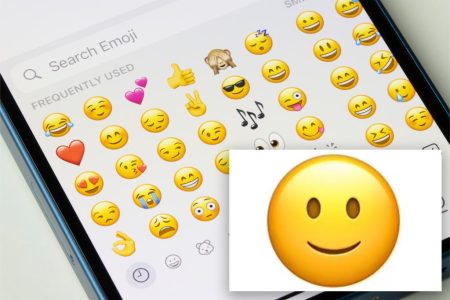The word of the year for 2024, according to Collins Dictionary, is “brat.” This title was officially given to the word associated with chaotic behavior, with a special nod to the acid-green Charli XCX record. The company stated that “brat” has become one of the most talked-about words of the year, thanks to the global phenomenon it has become following the release of Charli XCX’s album. Previously, “brat” was defined as someone unruly or spoiled, but it now carries a more favorable meaning of being confident, independent, and hedonistic.
Charli XCX, who recently finished her Sweat Tour with Troye Sivan, has given her own definition of what it means to embody the essence of a “brat.” She describes a “brat” as someone who is a little messy, enjoys partying, does dumb things sometimes, feels herself, has breakdowns but parties through them, is honest, blunt, and volatile. Her album, released in June and followed by deluxe and remix versions, inspired numerous social media trends, from dance challenges to Halloween costumes, and even a campaign revamp from Vice President Kamala Harris.
The booming popularity of the word “brat” is seen as a reflection of the spirit of the age in 2024, a year where hedonism and anxiety have combined in an intoxicating way. Collins Dictionary takes into consideration various cultural trends to decide on the word of the year, following previous choices like “AI” and “lockdown.” Other words that were considered for this year’s title included “brainrot,” “era,” “looksmaxxing,” “rawdogging,” “yapping,” “delulu,” and “romantasy,” all representing different aspects of contemporary culture and language. The evolution of the meaning of “brat” from a negative connotation to a more positive one is emblematic of the changing linguistic landscape of our times.
The impact of “brat” goes beyond just being a word of the year – it signifies a cultural shift and phenomenon that has resonated globally. The association of the term with Charli XCX’s album and the overall aesthetic of “brat summer” has captured the attention of many, leading to the creation of various trends and phenomena. The popularity of “brat” also sheds light on the way music and language intersect in shaping cultural movements and identities, showcasing the power of art to influence and inspire.
The buzz around “brat” extends to social media and online communities, where the word has been widely used and celebrated. The diverse interpretations and applications of “brat” show how language is constantly evolving and adapting to reflect the current zeitgeist. As younger generations like Gen Z continue to shape and redefine language through slang and digital communication, words like “brat” take on new meanings and connotations, highlighting the dynamic nature of communication and expression in the digital age.
Ultimately, “brat” emerging as the word of the year for 2024 is a testament to the influence of culture, music, and social trends in shaping our collective vocabulary and understanding of the world. The evolving definition of “brat” from a negative stereotype to a more complex and multifaceted term exemplifies the richness and diversity of language. As we continue to witness the intersection of art, technology, and society, words like “brat” serve as reminders of the ever-changing linguistic landscape and the ways in which words can transcend their traditional meanings to reflect contemporary experiences and attitudes.














